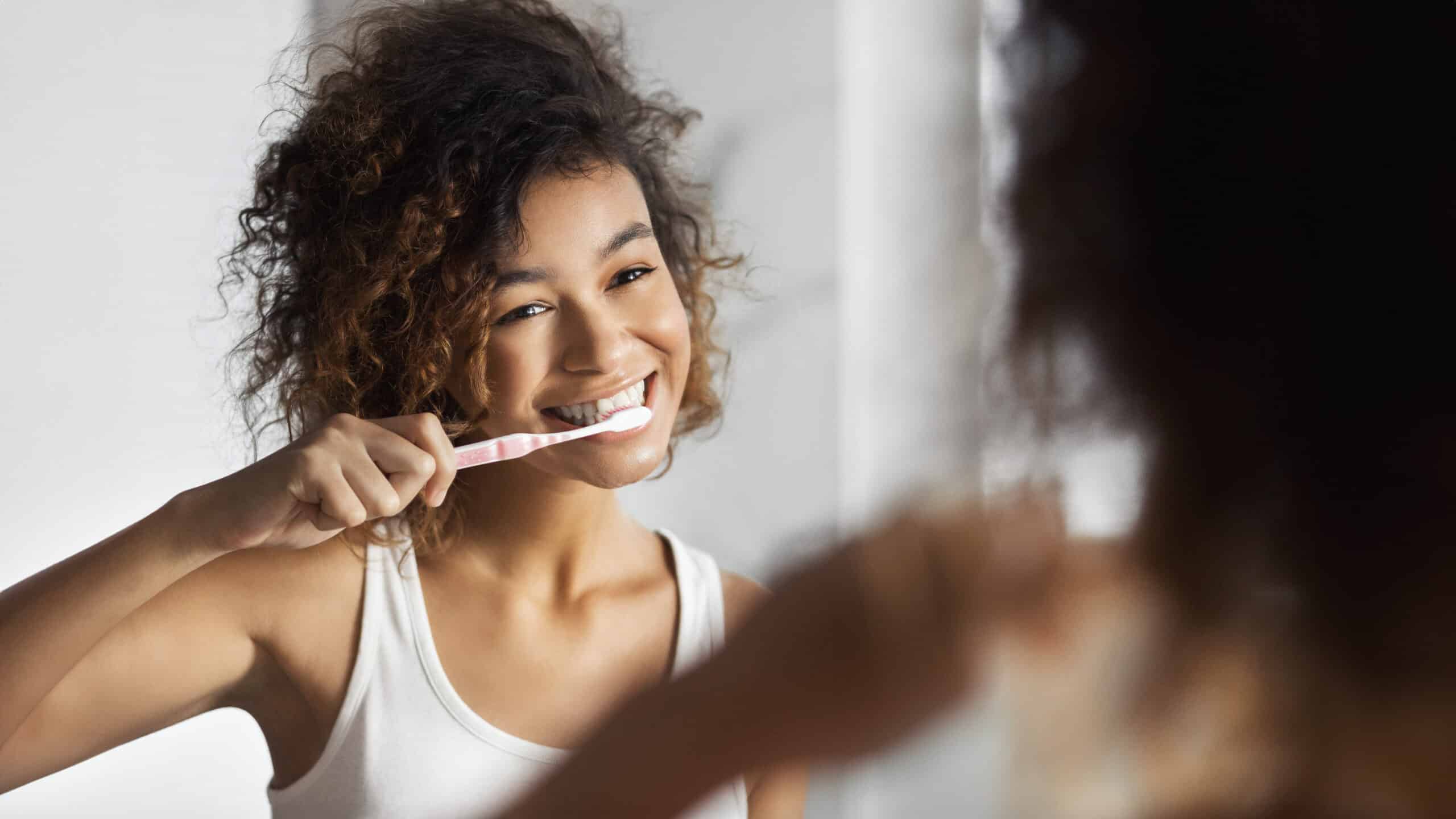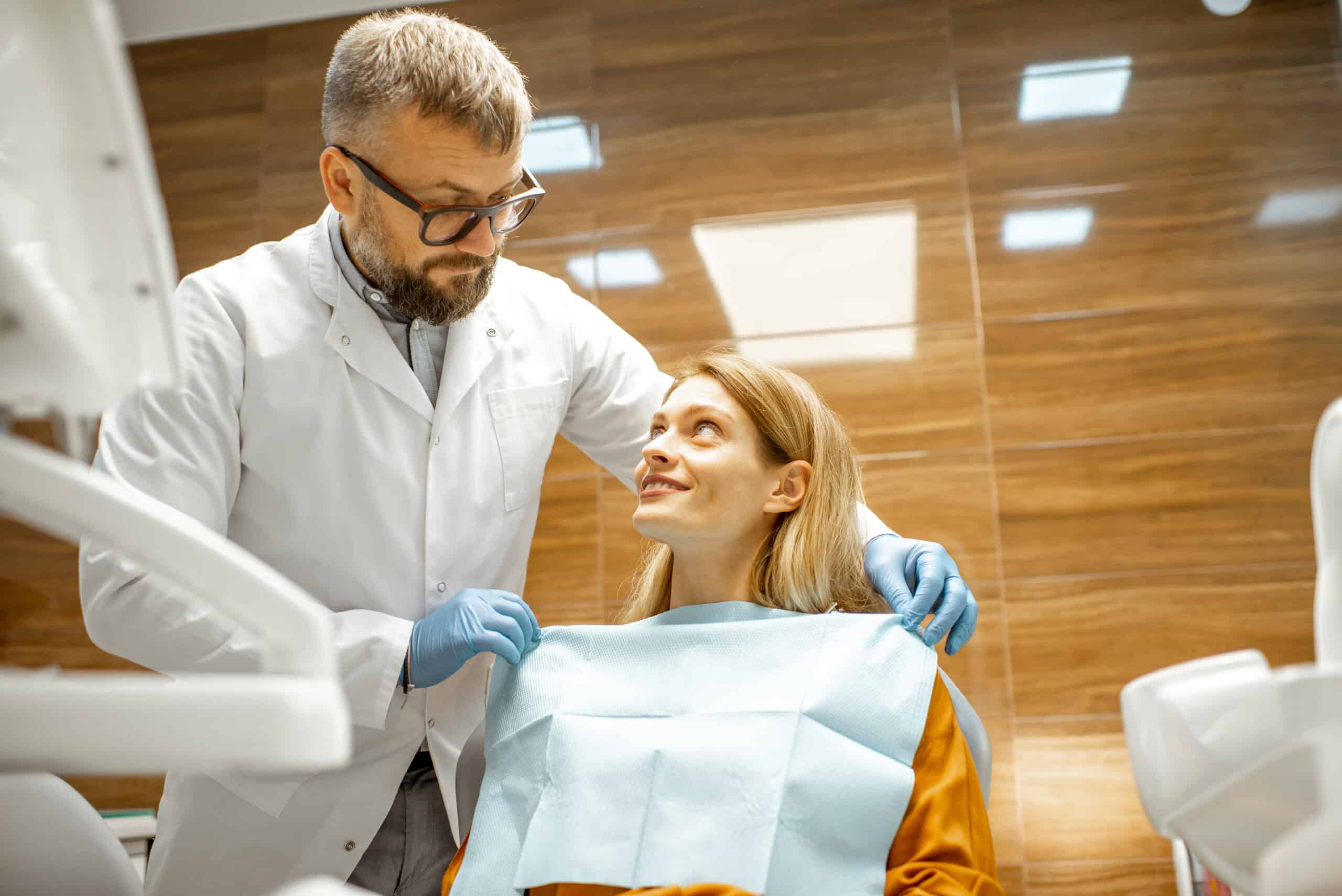We talk a lot on this blog about the benefits of brushing and flossing. And while mouthwash doesn’t replace brushing or flossing, it can be helpful.
Which mouthwash should you be using?
First and foremost, you should always be using mouthwash with fluoride. We say the same thing about toothpaste, and for the same reason: fluoride strengthens tooth enamel which protects your teeth from acid, bacteria and tartar build-up.
For some people, mouthwash is just as much about appearances (read: bad breath) as it is about oral health. If that’s the case, look for a wash made with zinc or chlorine — two ingredients that neutralize bad breath. You can buy a mouthwash with anti-bacterial properties, but know that anti-bacterial mouthwashes tend to have a more pronounced effect on the taste buds and sinuses.
Is mouthwash redundant after brushing?
No. Brushing cleans your teeth and removes most of the plaque and other particles, but not all of them. You need to clean between your teeth. While flossing is the best option for this, if you are not going to floss, a mouthwash will remove some of the plaque between your teeth.
Is it true that you shouldn’t drink mouthwash?
Yes, that’s true. The make-up of mouthwash is not typically meant for ingestion. It may make you feel a bit queasy and could cause other problems, some quite significant. In general, incidental swallowing of mouthwash is harmless, but try to avoid drinking significant quantities of it regardless of how tasty it is.
Should children use mouthwash?
In general: no. Many children lack control of their swallowing reflex. If you want to introduce it you can, but our guidance is to ensure that your child is supervised.
When is the best time to use mouthwash?
Whenever your mouth is feeling less than fresh, a little rinse will perk it right up. But don’t overdo it. A University of Glasgow study found that overuse of mouthwash (more than three times per day) was a significant risk factor for oral cancer. Now, this may be because people who rinse that often are hiding their smoking or drinking habits, both of which known carcinogens.
Not sure which mouthwash you should be using? Ask us at your next appointment.








